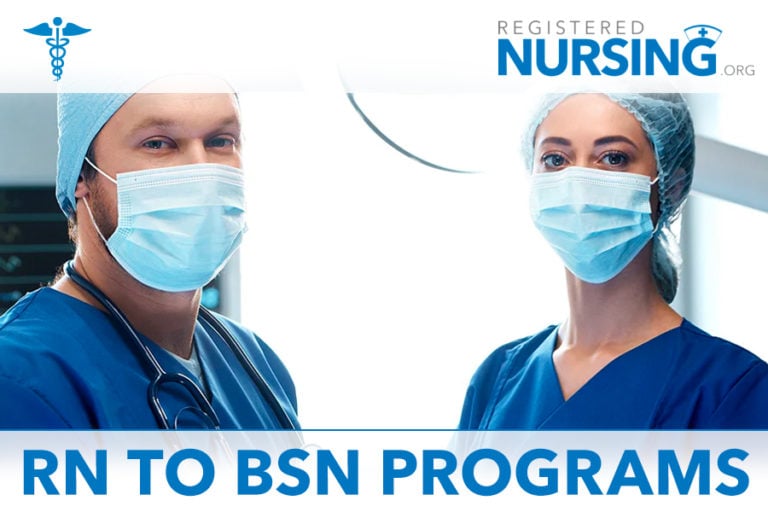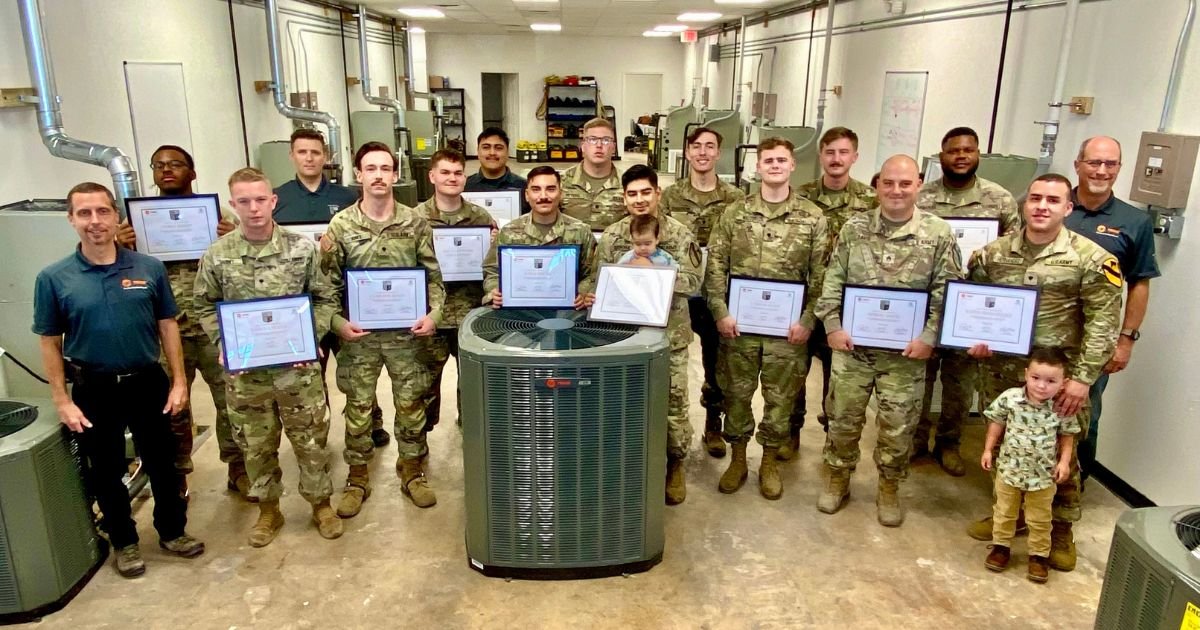Individuals, corporations, and NGOs can all apply for grants, typically awarded by the government. Unlike other sorts of funding, grant recipients are not required to repay them, which is why they may be quite useful to any firm that can receive them. Grants are critical for nonprofit organizations since they cannot generate cash in the same manner that for-profit enterprises can. Followings are Tips to Write a Winning Grant Proposal.
Be Clear and Bold When Writing Your Grant Application:
Grant writing isn't something you can complete in a single day, which is why you should set aside enough time to complete the application. It's recommended that you compose your grant proposal for at least one month to ensure it's well-written and well-researched. If you want to produce a good proposal, you'll need to go through many modifications and draughts.
Qualities of Write a Winning Grant Proposal:
Following are the main qualities for Tips to Write a Winning Grant Proposal:
- Keep your writing focused by being brief.
- Be detailed yet specific.
- Provide essential specifics
- Provide exact quotes or statistics to back up your proposal
Begin Small and Early On:
While this tip may not directly relate to creating a grant application, it will help you better determine when it is appropriate to begin working on one. Start small and early if you want to boost your chances of winning grant money, which is especially crucial if you've never applied for a grant before. These all are good Tips to Write a Winning Grant Proposal.
Concentrate on Obtaining Multiple Small Awards:
Instead, it would help if you concentrated on obtaining multiple small awards at first. Because grant financing is more difficult to get by these days than it has ever been, you should begin asking for grants early in your career or soon after you've established your organization.
Individuals and businesses who haven't had an opportunity to break into the market. Grant programs and corporations frequently favor them.
Focus Your Proposal on a Specific Project:
Rather than providing general support, most awards are given to a single purpose. If you want to increase the chances of your proposal being accepted, you might consider focusing your proposal on a specific topic if your nonprofit is focused on environmental issues.
Know How to Tell a Good Story:
Individuals in charge of reading grant submissions are likely to read hundreds upon thousands of proposals. As a result, you can probably expect these people to skip over the uninteresting suggestions to save time and get to the ones that are more likely to be considered. It is best in Tips to Write a Winning Grant Proposal.
Double-Check the Budget When Creating a Proposal:
Double-check the budget When creating a proposal, double-check the budget to ensure that it corresponds to the amount of grant money you're requesting. A significant number of projects are submitted with improper math, which results in an automatic rejection. It is the best thing in Tips to Write a Winning Grant Proposal.
Pay Close Attention to the Finer Points:
Once you've determined that you're eligible for the grant, you'll need to concentrate on what the foundation is looking for in a grant submission. Please pay attention to the page length, typography, page margins, and other characteristics they require. Any of these requirements appear stringent to you.
Failing to adhere to even one of them can result in your application being refused outright. It is the best thing in Tips to Write a Winning Grant Proposal.
Personalize your Proposal:
Personalize your proposal is a good idea for the organization you're sending it to once you've started writing it. You should draught your proposal as if it were authored expressly for the grant provider.
While conducting research does not guarantee that your idea. It will be accepted, and it does raise the chances that it will be considered.
Keep in Mind that Funders are Individuals:
Because the funders who will be reading your proposals are people, it is recommended that you contact them first to establish a relationship before submitting your proposal. Many NGOs rely solely on email to communicate. Picking up the phone and phoning them, on the other hand, can be far more effective.
Focus on Goals, Objectives, and Outcomes:
The most crucial topics to communicate in your proposal are your goals, objectives, and outcomes. Your objectives are also known as a needs statement. This part explains why you require the funds and how they will impact your classroom, school, or district. The objectives spell out exactly what the money will be used for and include details such as a timeline.
Make Sure the Grant Is a Fit:
Make Sure the Grant Is a Fit If your aims align with the organization's goals. The funder, you'll be much more likely to be awarded a grant. If you want to sponsor a math app or digital gadgets, for example, look for a STEM-focused grant. Also, be sure you're eligible for the award by thoroughly reading the requirements.
Concentrate on Solutions Rather than Problems:
Many NGOs make the mistake of focusing on problems in the world around them while only presenting hazy suggestions for how their organization may address these issues. Instead, it would help if you concentrated on solutions and how these solutions might aid in the resolution of difficulties. It is the main tip in Tips to Write a Winning Grant Proposal.
Read More: How to Write a Cover Letter for Scholarship Application










.jpg)


